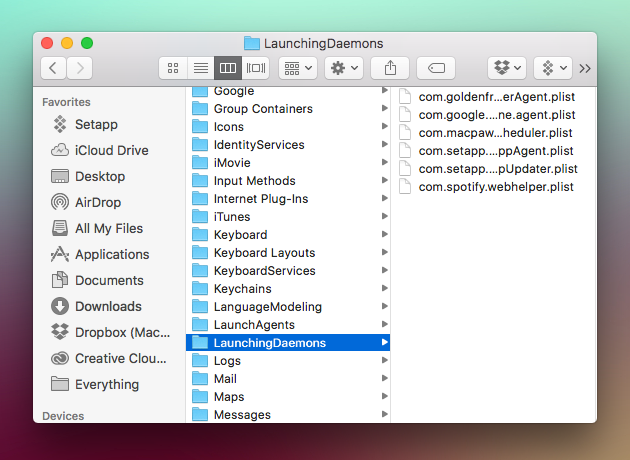
How Do You Check For Viruses On Your Mac
Wmv to mp4 converter mac. The majority of us believe that if you’ve got an Apple computer, you do not need any virus protection for Mac, right? However, as my experience shows, that is not true. Indeed, the myth that Mac computers do not require any malware protection has recently been busted. Today, every computer, including your Mac, can catch viruses, Trojans, spyware & adware.

Hence, it is obvious that any computer, including Macs, should be checked, cleaned and updated on a regular basis. Moreover, according to, “Mac OS X software these days suffer from more high-risk vulnerabilities than all Windows versions put together.” That is why a good Mac virus scan performed on a consistent basis is essential for your Mac. It should be added that typically, apart from finding Mac malware and viruses with ease, such apps help you keep your Apple computer at the most powerful state. Do Macs Get Viruses? How to Deal With Them? It was in Mac OS 10.6 (Snow Leopard) when Apple introduced Mac OS malware detection capabilities.
Mac HandBrake Virus: How to check if your Apple Mac is infected by the malware Sean Keach May 11, 2017 11:09 am If you’ve downloaded the HandBrake video transcoder for Mac recently, your machine. Deep Scan: Scan all the files and folders in your Mac to make sure you have ultimate protection against malware. Quick Scan: This scans only the most vulnerable areas on your Mac and notifies you about them. Scheduled Scan: In case you are willing to run a scan periodically, then this option will come handy to you. All you have to do is set date, time and type of scan and the rest will be taken care of.
Such system, called File Quarantine, verifies each program downloaded and it approves it only if it has been downloaded from a legit source. Apart from checking the source, File Quarantine provides security updates, which can check databases of known malware targeting the Mac OS. Therefore, File Quarantine, or as it is also often called XProtect can do the following: • Remind you in a dialog window the program’s exact source, asking you, therefore, if you’re sure that you do want to open it. • Notify you that the app can’t be opened because of your settings (when for instance, you come across a program without code signing certificate). If you are sure in the software you are going to download, you can ignore this message by control-clicking the program and then in the contextual menu you should hit Open) • Restrict you from opening such programs, which are already known as malware. In such a case, you will see a message, which will propose you to send this risky utility to Trash.
To tell you the truth, File Quarantine, or as it is also often called XProtect is the reason why the majority of Apple computers can remain virus and malware free. Still, bear in mind that to ensure that your Mac malware database is always up to date, check that your Apple computer automatically installs security updates and related system data files on a consistent basis. This is what you should do to check this: • Enter System Preferences • Choose the App Store preference • Put a tick to the following: Automatically check for updates, Install app updates, and, of course, install system data files and security updates. • Hit Check Now. By doing this you will keep your Mac free from the majority of malicious software programs. But please do notice that this will not protect your Apple computer from all possible malware.
Moreover, if you hear such questions as, “Do Mac get viruses?”, “Can we delete all viruses forever?” the answers are obvious: today, you cannot find such antivirus software that is capable to detect everything. Consider this: once the novel malware has been recently released and you have just downloaded and launched it, you have managed to do this only because Apple’s databases could have been not updated yet. Hence, it is smart to check what you download from unknown sources. The other interesting issue is that your Apple computer may not run any malware, but it might come across a more pernicious matter: it is likely to become the so-called “Typhoid Mary Windows viruses.” In other words, the viruses on your Mac will not greatly affect you, but they are likely to bring a number of problems for any Windows users. Yep, you read this correctly.